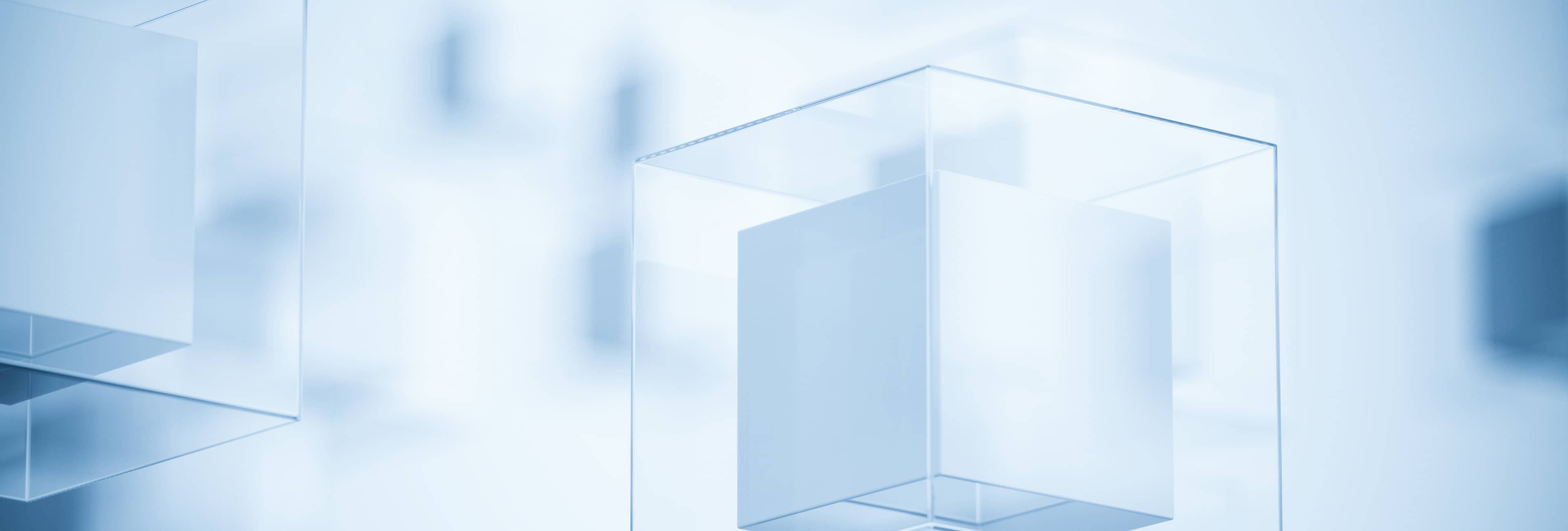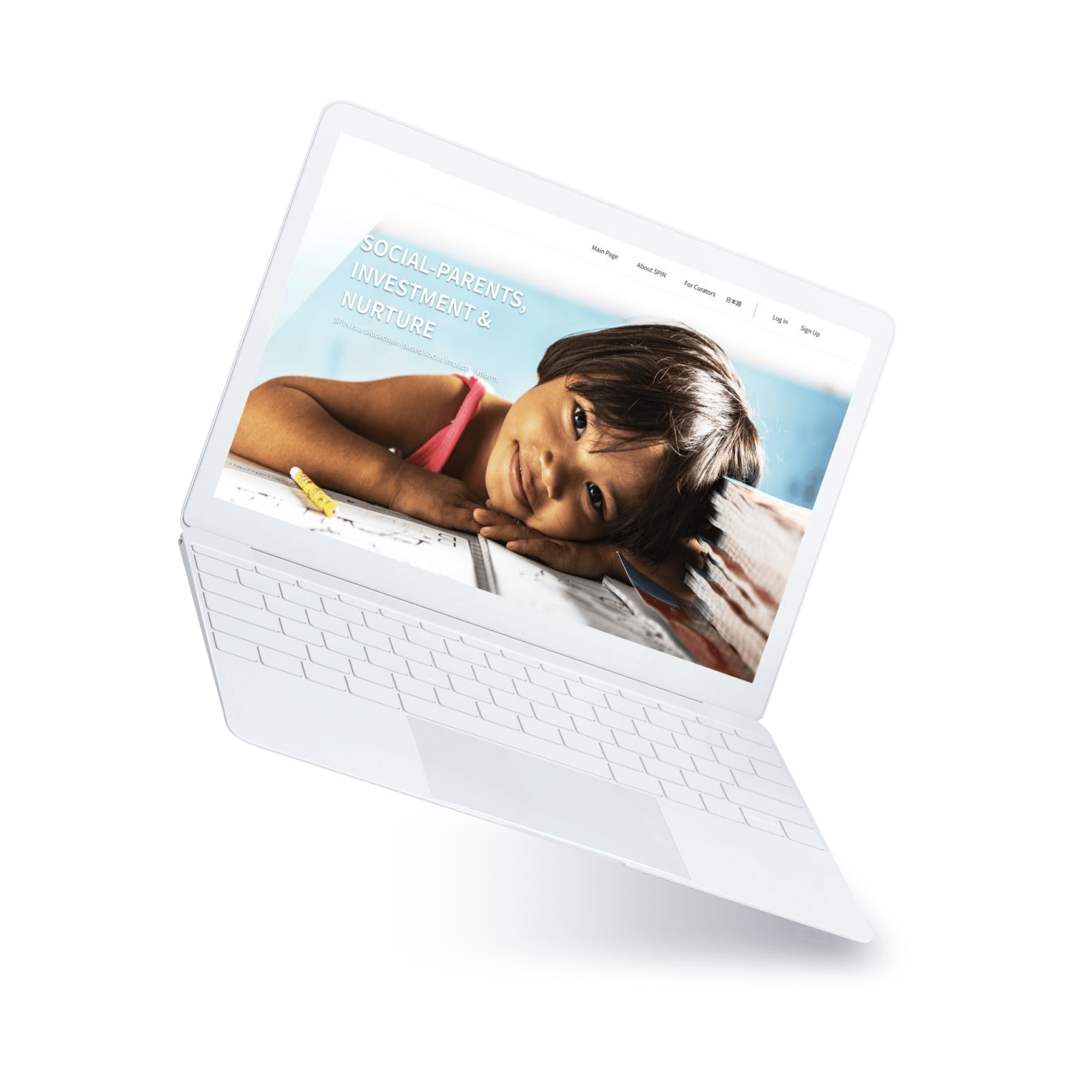
Globally spread reservoirs of behavioural and transactional user data contain insights that can help organisations—from retail to logistics to healthcare software—develop better products and services that are tailored to the needs of the individual. But, at the same time, this information is vulnerable to misuse by bad actors. So how can organisations safeguard data security? Combining IoT and blockchain technology can be the answer.
And, cybercrime aside, with the increasing adoption of AI solutions across the spectrum of industries, how can consumers trust in the algorithmic recommendations being pushed their way—particularly when it comes to things like healthcare?
Benefits of IoT and Blockchain
The benefits of blockchain are myriad. And, when combined with IoT devices, this technology can provide the added agility and security needed to enable smarter user experiences and ensure successful digital transformations. The key benefits of blockchain and IoT are:
- Enhanced data integrity and security
- Better flexibility
- Improved efficiency
- Full transparency
We elaborate on these benefits in relation to specific blockchain and IoT applications below.
Five Key Applications of IoT and Blockchain
1. Supply chain and logistics
Effective supply chains are built on information sharing and trust. But supply chains are now vast—often global—networks made up of many moving parts, and this presents a real challenge for businesses. Used in conjunction, IoT and blockchain can help industries overcome some of the key problems of ensuring the uninterrupted and verifiable supply of goods, including:
- Continuous information flow - the immutable, concrete and real-time nature of blockchain means that information sharing between stakeholders is vastly more efficient.
- Access to information - the speed and visibility of blockchain enables real-time data sharing between all key links in the supply chain.
- Fraud detection - the fully auditable nature of blockchain will enable rapid fraud detection at every data entry point along the chain, thereby acting as a deterrent and bolstering supply chain security.
2. Smarter manufacturing
The integration of blockchain software and IoT technologies within manufacturing will help businesses implement multiple efficiency and profit-boosting value chains. A few key examples of smart manufacturing processes that blockchain and IoT can bring about are:
- Mass customisation - By providing better scalability, blockchain and IoT technologies can enable manufacturers to develop a much more agile response to changing market demands, thus tailoring their products to meet real-world consumer wants. This, in turn, creates a healthier and less wasteful marketplace where small production runs are both plausible and cost-effective.
- Implementation of new manufacturing models - Blockchain and IoT can enable innovative new production models using technologies like 3D printing to drastically reduce the cost and setup time of traditional manufacturing methods. This also allows for the creation of global virtual supply chains and scalable micro-manufacturing.
- Optimising resources - Through tokenising and trading any leeway in production schedules, blockchain can enable manufacturing resources to be utilised in a much more efficient way.
- Cutting costs - Streamlining and optimising end-to-end manufacturing processes will create far leaner models of production and enable manufacturers to avoid waste—in terms of time, resources and unwanted products—thereby reducing overall spend.
3. Pharmaceuticals
Counterfeit drugs are a big problem for today’s pharmaceutical industry. As far back as 2016, the value of counterfeit drugs traded globally was estimated to total US$4.4 billion—which doesn’t include goods traded across domestic borders. This figure has undoubtedly risen since then, with up to 10% of all medicines reported to be fake.
Illegitimate pharmaceuticals pose a great health risk to all, so ensuring drug provenance and supply chain transparency is paramount, particularly in the wake of a surge in black market vaccines prompted by COVID-19.
By combining IoT technologies with the decentralised, incorruptible and fully auditable nature of blockchain, pharma firms can gain an end-to-end view of a drug’s journey; from manufacture to distribution. The blockchain ledger cannot be muted or amended, which means that every data entry around a drug’s production and transportation can be traced.

4. Tailored insurance
When combined with IoT technologies, blockchain software has the power to revolutionise the insurance industry.
Taking car insurance as the first example; with blockchain, a vehicle’s complete history, along with that of its driver, can be accessed by insurers to gain a holistic picture of the possible risk a driver/vehicle poses. This, in turn, means that insurers can tailor their premiums and cover levels to more accurately reflect the customer.
The same is true of home and health insurance. The IoT’s connected devices can give a complete picture of a person’s home security measures or health factors, allowing insurance providers to tailor their services and premiums accordingly.
And this doesn’t only favour the insurer. From the insured’s point of view, the claims process is simplified because all of the data required to examine a claim is stored immutably on the blockchain, providing easy access for the insurer. Furthermore, good efforts—i.e. safe driving, taking care of one’s health and bolstering home security—are rewarded with lower premiums.
5. Smart cities
Interest in developing smart cities is growing, with a focus on establishing connected infrastructure which will enable new urban efficiencies and better public utilities and services, such as:
- intelligent transportation systems - including GPS car navigation, traffic signal control systems, auto-recognition of vehicle registration plates and smart speed cameras.
- smart grids - including advanced metering, smart distribution boards, renewable and energy-efficient resources such as EVC solutions.
- industry 4.0 - blockchain and IoT can allow companies to create digital twins and take advantage of the business and product modelling that this offers.
- healthcare 5.0 - a shift towards a completely patient-centric, on-demand, customisable healthcare model.
But, as with all aspects of a connected society, these possibilities bring with them concerns about the security and integrity of the vast body of highly sensitive data being collected through IoT devices.
With blockchain, information gathered is stored in a peer-to-peer decentralised, transparent and immutable ledger, which is significantly harder to compromise. According to research by Griffith University, Australia, a hacker would need to compromise more than half of the entire blockchain network in order to gain access to, and do harm with, blockchain-stored data. This means that a critical attack against blockchain systems is implausible.
Summary
With the number of users connected to IoT devices expected to exceed 45 billion by 2023, digital infrastructure will, without a doubt, underpin many aspects of life moving forward. The transparency and security that blockchain can bring to data gathered by IoT devices will help ensure that organisations, from individual firms to entire cities, can adopt digital transformations smoothly and safely.

Related Insights








The breadth of knowledge and understanding that ELEKS has within its walls allows us to leverage that expertise to make superior deliverables for our customers. When you work with ELEKS, you are working with the top 1% of the aptitude and engineering excellence of the whole country.

Right from the start, we really liked ELEKS’ commitment and engagement. They came to us with their best people to try to understand our context, our business idea, and developed the first prototype with us. They were very professional and very customer oriented. I think, without ELEKS it probably would not have been possible to have such a successful product in such a short period of time.

ELEKS has been involved in the development of a number of our consumer-facing websites and mobile applications that allow our customers to easily track their shipments, get the information they need as well as stay in touch with us. We’ve appreciated the level of ELEKS’ expertise, responsiveness and attention to details.

